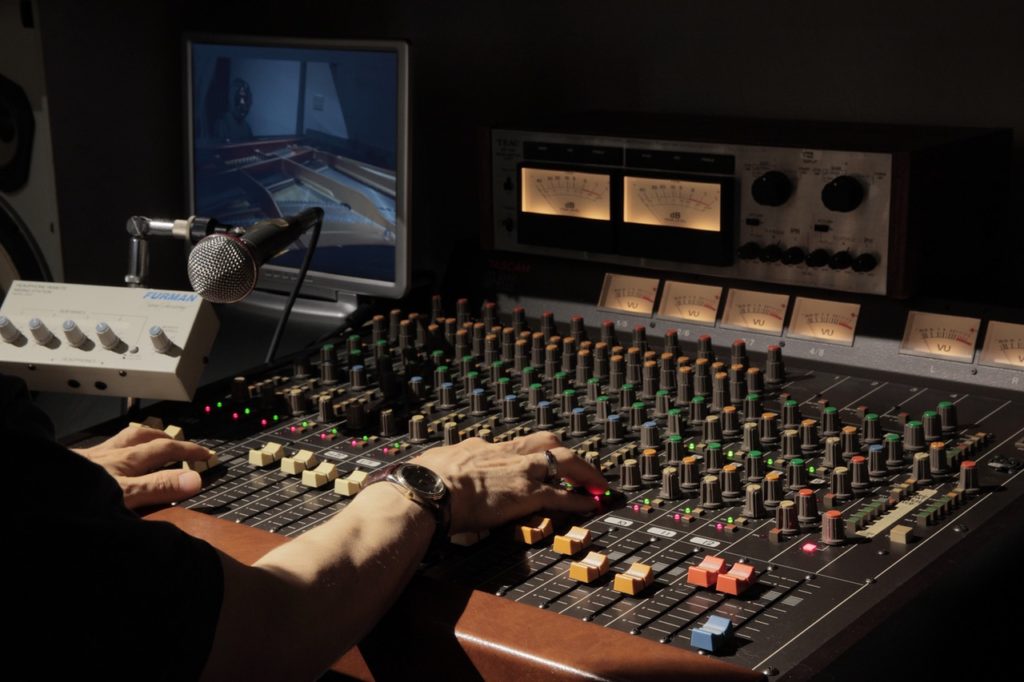
If you are interested in sound production, then you will be happy to know that audio engineering schools can be found. The courses have been specifically created to ensure you will learn everything there is to know about audio engineering. The field is highly complex and challenging, and is sort of the hidden side of the music, film, and television industry. What matters, if you want to work in this field, is that you obtain a good education from a highly respected school. So what should you look for?
1. Studio Preparation
Studio practice is integral to becoming a good audio engineer. This is where you will truly learn the things that matter for this career. A good program has to offer you plenty of time to spend in a high quality, technologically advanced studio. At the same time, of course, you have to learn about the theoretical side as well, so it should have a good balance.
2. Professional Guidance
It is also very important that you get professional guidance. You should have a mentor, who will always have your best interests at heart. Faculty should also be made up of professionals who understand the field. Furthermore, you should have to complete an internship so that you can immerse yourself into the actual field of audio engineering and build relationships with other professionals. You should never be left in the deep end, not having anyone around you to show you the ropes.
3. Official Recognition
Good schools offer programs that are properly recognized or even accredited. In order to achieve this, the school has to meet a certain professional standards, including hiring experienced faculty and focusing on a challenging, relevant curriculum. There are no “Ivy League” audio engineering schools out there yet, but certain schools are definitely more respected than others. You have to think about this when you choose your program.
If those three things are met by the program you are considering, then you will have found a good one. But they do more for you as well. One of the key things that they are able to do is determine what your interests and strengths are, and use this to guide you towards a niche that will be most suitable to you. For instance, this could be starting a recording studio, becoming a song producer, working in television, working in radio, or even becoming an audio engineer teacher yourself.
A key thing to remember is that the field of audio engineering goes through constant transformations. As a result, once you have completed a degree in this field, you will have to be committed to continuous professional education. It seems as if new technology is developed on an almost daily basis, and remaining up to date with that means that you must always keep your fingers on the pulse, and take any opportunity to learn as and when it appears. Do also, therefore, look into continuous education opportunities that your school offers.